Meet the intern all-rounder and the locum pharmacist unmasking prescription fraud – both earning top gongs at the 2025 PSA Excellence Awards.
Rachel Lawson MPS – PSA MIMS Intern Pharmacist of the Year
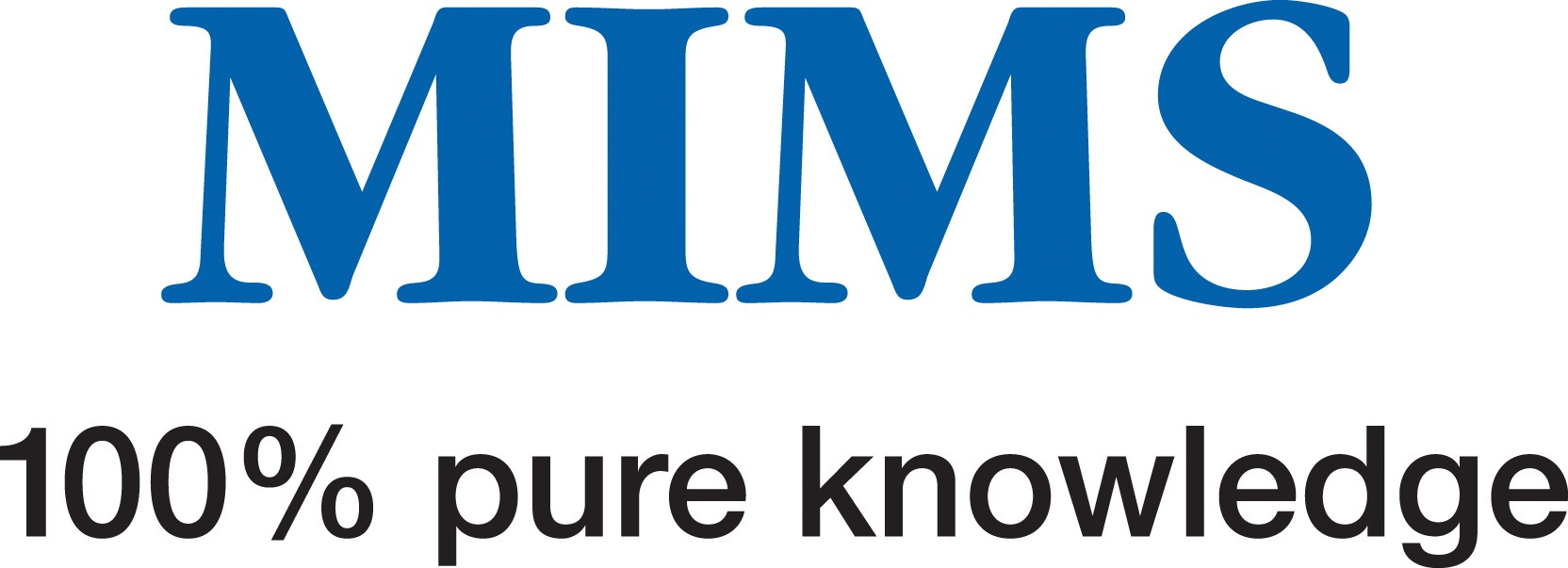 While studying for a Bachelor of Health Promotion and working part-time in her local pharmacy – Pharmacy 777 Applecross in Perth, WA – Ms Lawson first considered pharmacy as a career. Six years later, she completed her intern year in the same pharmacy.
While studying for a Bachelor of Health Promotion and working part-time in her local pharmacy – Pharmacy 777 Applecross in Perth, WA – Ms Lawson first considered pharmacy as a career. Six years later, she completed her intern year in the same pharmacy.
‘I started at Applecross the summer after I finished high school,’ Ms Lawson says. ‘I had never thought about it as a career option, but I enjoyed the job so much that I decided to become a pharmacist – and never left.’
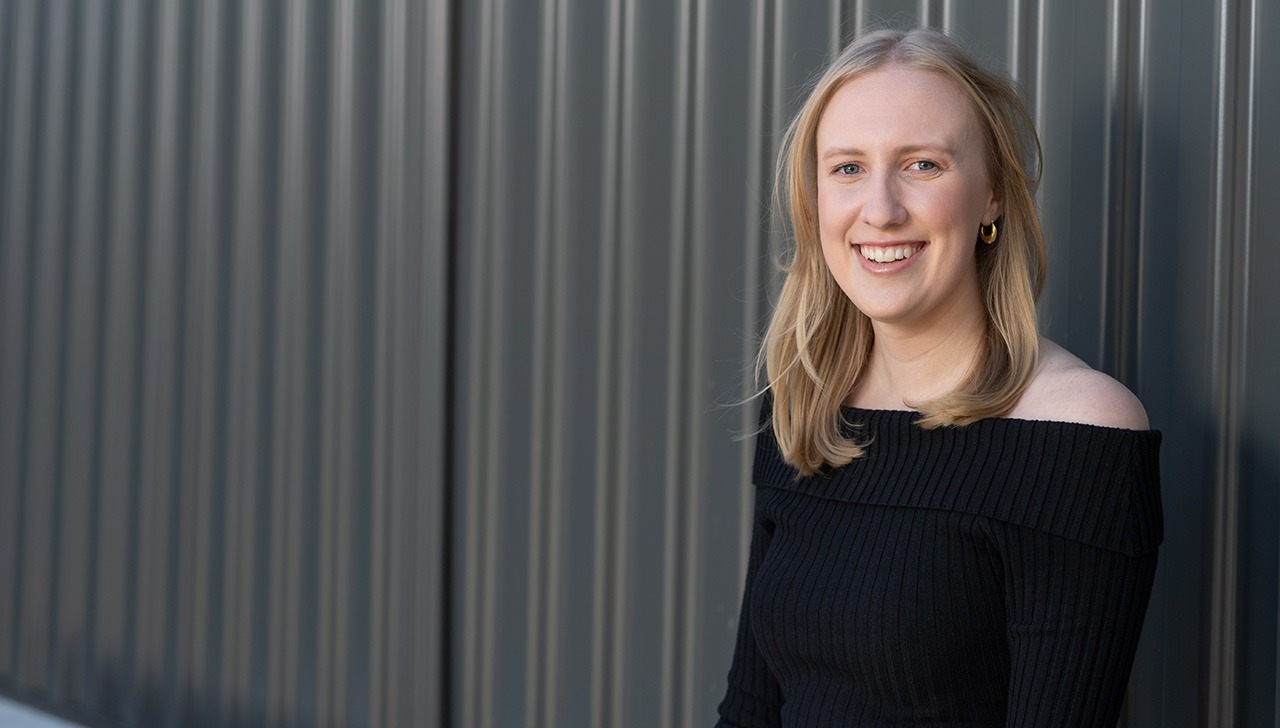 Ms Lawson spent her intern year fine-tuning her dispensing skills, focusing on health promotion and service provision. She conducted wound care consults, sleep apnoea trials and supervised vaccinations, and coordinated two bone health clinics and a chronic obstructive pulmonary disease screening program. Other highlights included initiating HIV self-test consultations, which she describes as ‘incredibly rewarding’, and, in collaboration with a local researcher, delivering a presentation on sleep health to more than 150 attendees. She kept busy outside the pharmacy, with Irish dancing and managing a social netball team. ‘The highlight of my intern year was definitely the variety of my work,’ she says. ‘The biggest challenge was fitting everything in.’
Ms Lawson spent her intern year fine-tuning her dispensing skills, focusing on health promotion and service provision. She conducted wound care consults, sleep apnoea trials and supervised vaccinations, and coordinated two bone health clinics and a chronic obstructive pulmonary disease screening program. Other highlights included initiating HIV self-test consultations, which she describes as ‘incredibly rewarding’, and, in collaboration with a local researcher, delivering a presentation on sleep health to more than 150 attendees. She kept busy outside the pharmacy, with Irish dancing and managing a social netball team. ‘The highlight of my intern year was definitely the variety of my work,’ she says. ‘The biggest challenge was fitting everything in.’
Over her 6 years in community pharmacy, Ms Lawson has developed a strong interest in harm reduction, which she hopes to build on in future.
‘I believe this ties into equity in accessing health care and is a very important part of patient-centred care.
‘It is acknowledging that although someone may engage in a risky behaviour, they still have a right to care that will minimise harm.’
Q&A1. What is the one scope of practice change you’d most like to see? More harm reduction services incorporated into community pharmacy, like needle and syringe exchange programs, pill testing, and even supervised injecting facilities. Pharmacies currently lack the capacity, legislative support and resources to provide them. 2. What advice would you give your younger self? Take every opportunity related to your interests and don’t be afraid to connect with like-minded individuals. Most people are willing to share their knowledge and experiences – you have nothing to lose and lots to gain. 3. What pharmacist role do you see yourself performing in 2030? I see myself as a GP pharmacist in a non-traditional setting, such as a mobile clinic attending to those experiencing homelessness. I truly enjoy working in the clinical space and hope to combine this with my harm reduction work. |
Peter Tran MPS – PSA LOCUMATE Locum Pharmacist of the Year
 Six years ago, while working as a locum in Melbourne, Mr Tran noticed a patient presenting with scripts for Panadeine Forte that didn’t quite add up. Despite coming from different doctors, the scripts featured the same handwriting, and a look at the patient’s history showed a different address and Medicare number.
Six years ago, while working as a locum in Melbourne, Mr Tran noticed a patient presenting with scripts for Panadeine Forte that didn’t quite add up. Despite coming from different doctors, the scripts featured the same handwriting, and a look at the patient’s history showed a different address and Medicare number.
So Mr Tran did some digging. ‘It was intuition,’ he says. ‘Nothing specifically screamed forgery, but the amalgamation of multiple small yellow flags made me push further.’ Mr Tran alerted the authorities. His initial detective work eventually led to the uncovering of 62 forged scripts, written by a nurse. He had stolen workplace prescription pads while trying to manage chronic pain from ankle injuries. The nurse of 40 years pleaded guilty to 25 charges and was fined $3,000. Disqualified from reapplying for registration for 3 years, he retired.
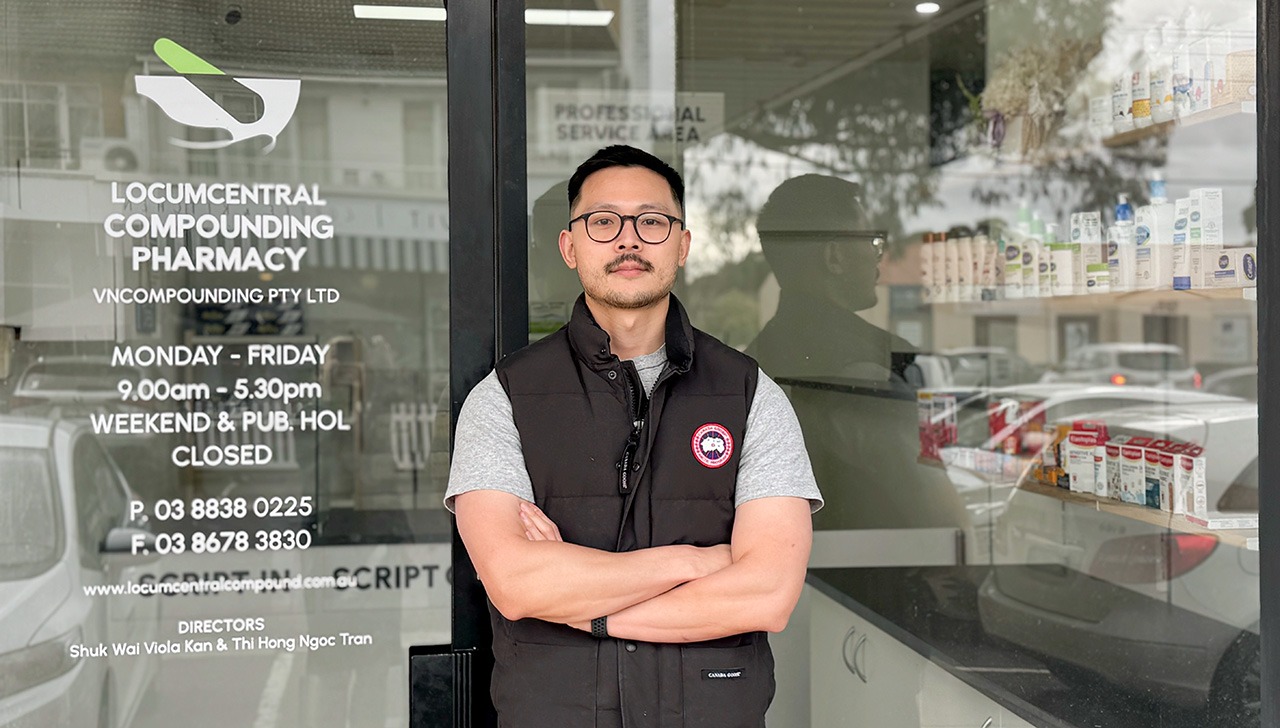 In its ruling, the tribunal thanked Mr Tran ‘for his persistent efforts to ensure the integrity of the prescriptions and the wider systems designed to ensure medications are dispensed lawfully’. But for Mr Tran, investigative work goes beyond hunting down forged scripts.
In its ruling, the tribunal thanked Mr Tran ‘for his persistent efforts to ensure the integrity of the prescriptions and the wider systems designed to ensure medications are dispensed lawfully’. But for Mr Tran, investigative work goes beyond hunting down forged scripts.
‘My favourite aspect of pharmacy is when you can play a bit of a detective role while using your clinical knowledge to improve a patient’s health,’ he says.
Mr Tran has locummed in most states and territories, and currently splits his time between regional Victoria and Melbourne. He particularly enjoys working rurally, where he says patients ‘are more inclined to seek out health advice, particularly as access to health care is more difficult.’ Looking to the future, he would like to be involved in pharmacy ownership, but for now, locumming is exactly what he needs: ‘the novelty of a new environment, new people and new experiences’.
‘All of this directly improves my happiness and wellbeing.’
Q&A1. What is the one scope of practice change you’d most like to see? Besides pharmacist prescribing, I’d like to see pharmacists able, nationally, to independently amend a prescription to dispense an equivalent medicine. Contacting a prescriber to change formulations due to patient preferences or medicine shortages seems highly inefficient and delays patient care. 2. What advice would you give your younger self? I’d tell my younger self to adopt more of a growth mindset and take more calculated risks. This would allow me to learn more effectively and create compounding benefits over time. 3. What pharmacist role do you see yourself performing in 2030? The landscape will be drastically different in 5 years, with rapidly expanding scope of practice changes and exponential growth of AI and robotics. I could see myself working with emerging technologies like pharmaceutical 3D printing to compound truly personalised medicine – creating dosage forms that address individual needs and preferences. |



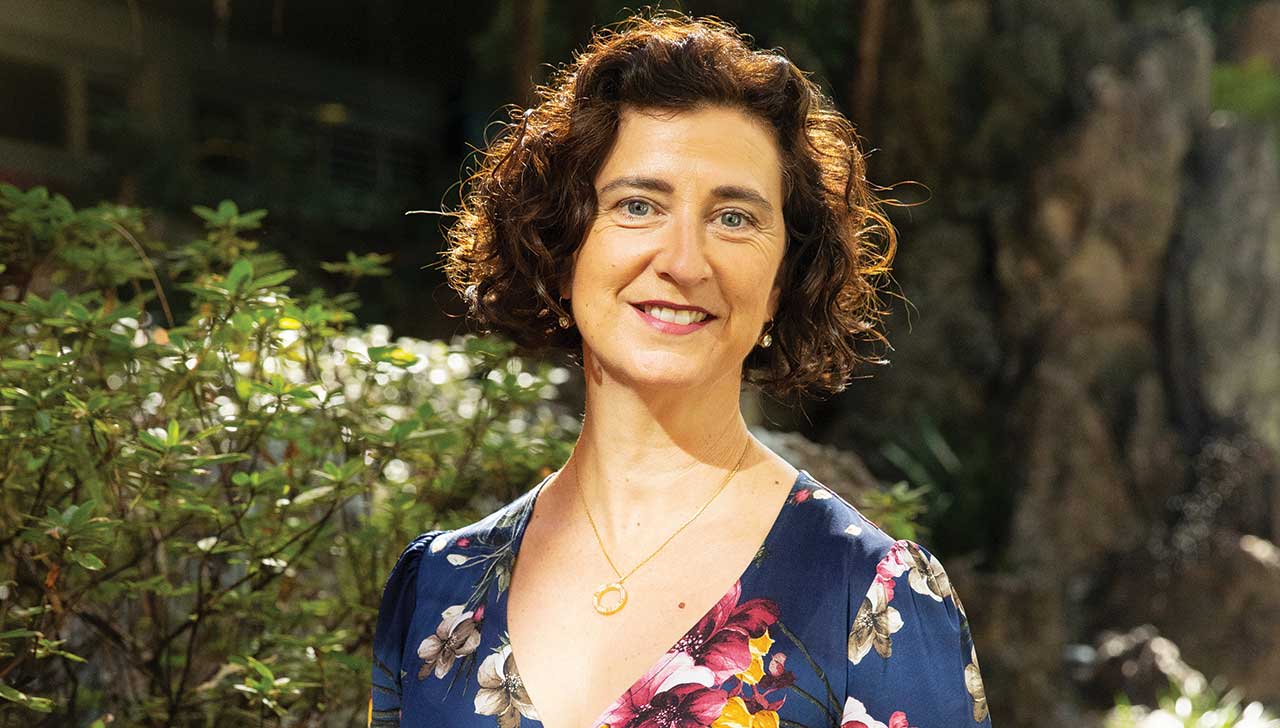 Genevieve Adamo MPS (Image: Steve Christo Photography)[/caption]
Genevieve Adamo MPS (Image: Steve Christo Photography)[/caption]



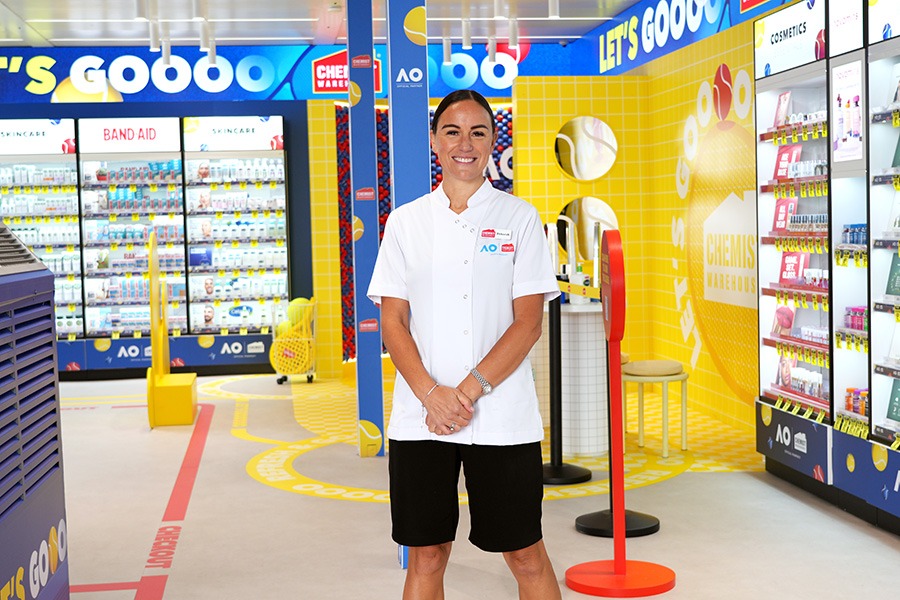 Deborah Williams at the Chemist Warehouse Australian Open pop-up pharmacy[/caption]
Deborah Williams at the Chemist Warehouse Australian Open pop-up pharmacy[/caption]






